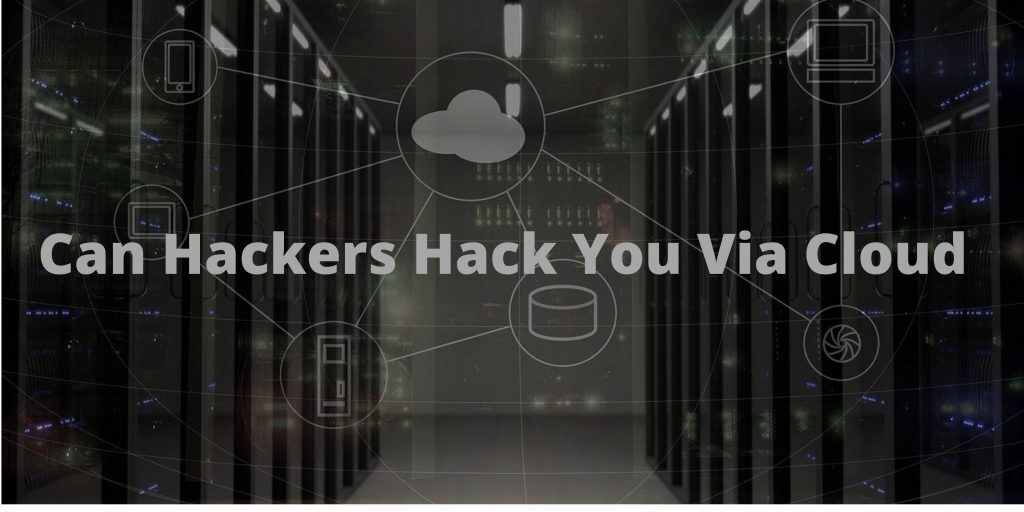Millions of people work remotely these days, and cloud computing deserves all of the credit. Cloud computing is becoming increasingly popular across all business sectors. Businesses are now pouring money into public cloud infrastructure.
However, the question here is, What is the level of security associated with cloud computing? Can the hackers get their hands on it as well? Regrettably, the answer is yes! Hackers can gain access to your cloud storage and not only misuse the data stored there, but potentially harm your device. Several high-profile cloud hacking cases affecting Autoclerk and Cloud Hopper have recently been reported. As a result, it is on the rise, and it is past time for businesses all around the world to protect themselves from such scenarios.
What Leads To Cloud Hack?
There are various ways for hackers to gain access to the cloud storage facility. According to reports, in the case of Cloud Hopper, hackers used a variety of methods to launch a series of ongoing attacks against their clients and managed service providers.
They used phishing emails to get access to email accounts. When they access their cloud service provider, they use the appropriate infrastructure to catch one target after another. They extracted all of the customers’ and other sensitive data from the storage and increased the scope of the attack.

What Happens if Your Cloud Storage Is Hacked?
Yes, the cloud is a secure and sound facility to use, but according to cloud experts, its simplicity of usage has made it difficult to administer, manage, and track. This can significantly increase vulnerabilities. If cloud setups become difficult to track, it surely opens the door to a slew of risks.
According to Cloud Security specialists, if your cloud storage is full of applications and tools, this indicates that more and more people are gaining access to the facility. This can give access to those who can unlock cloud security measures such as firewalls. As a result, it offers them complete freedom to steal secret data and destroy the image of the specific company.
In recent years, Docker Hub and Instagram have reported incidents of security bypassing that have cost them cloud storage and resulted in a data breach. However, it is not restricted to the cloud; it may also harm your device and cost you a lot of money.
How Can Hackers Infect Your Device?
In this new age of technology, it is critical that we understand how hackers use the cloud. The reason for this is that data plays a significant role in storing important information; however, as technology has evolved, our method of storing data has evolved, and we appear to have moved away from the traditional method of storing data in hard drives or discs.
1. Spam Email
Hackers typically disseminate ransomware via phishing emails. Hackers frequently disseminate ransomware using a bad link that triggers virus download. Once on your computer, the malware can encrypt your data and hold it hostage, enabling only the person who has the decryption key to access it. It usually appears in data files, programs, or the boot section of a computer’s hard drive, rendering the file/system unavailable. This type of malware is notorious for inserting backdoors into your security system, allowing attackers to remotely monitor your activities.
In addition, malware is sometimes installed on your system as soon as you click the download button and open the attachment, giving the hacker complete access to your device and data. Examine domain names and email addresses for spelling and grammar errors. A hacker uses phishing emails to obtain control of a user’s email account in these attacks. Once inside, a hacker can disseminate ransomware that encrypts victims’ emails, as well as create additional harm and turmoil by utilizing a hijacked email account to propagate more software to victims’ contacts.
Once inside a machine, malware can scan and infect other machines on the same network. If your computer and personal information are not protected by a firewall, hackers may attempt to gain direct access to your computer and personal information. A hacker with access to your PC can steal your social and financial account passwords and install malware on genuine websites you trust. Hackers can infiltrate a company’s website in order to steal data (cross-site scripting) and/or distribute malware and viruses to unsuspecting consumers.
2. Office Macros
When the cloud storage is hacked, there is a good chance that all of the documents stored there are infected. When one downloads a file from the cloud, it increases the odds of the system being affected in this procedure. If you download a Microsoft document and then open it, you may get a warning that the file is not secure. As a result, you must not allow the document to affect your system.
If you click to permit the file to perform the changes, malware is placed in your system, which can cause significant damage to your data.
3. Removable Drives
It has been discovered that malware can also be propagated via detachable drives. If someone has downloaded things from the cloud and transferred them with you via external hard drives or USB flash drives, it can also severely damage your machine. When you put the gadget on your PC, the virus is automatically installed and begins causing difficulties.
Summary
As a result, this demonstrates how hackers can use the cloud to infect your system as well. You must exercise extreme caution when taking any action. Whether you are downloading or opening attachments, you should always double-check with the source before proceeding. A moment of prudence can keep your system safe and reduce the likelihood of larger damage.